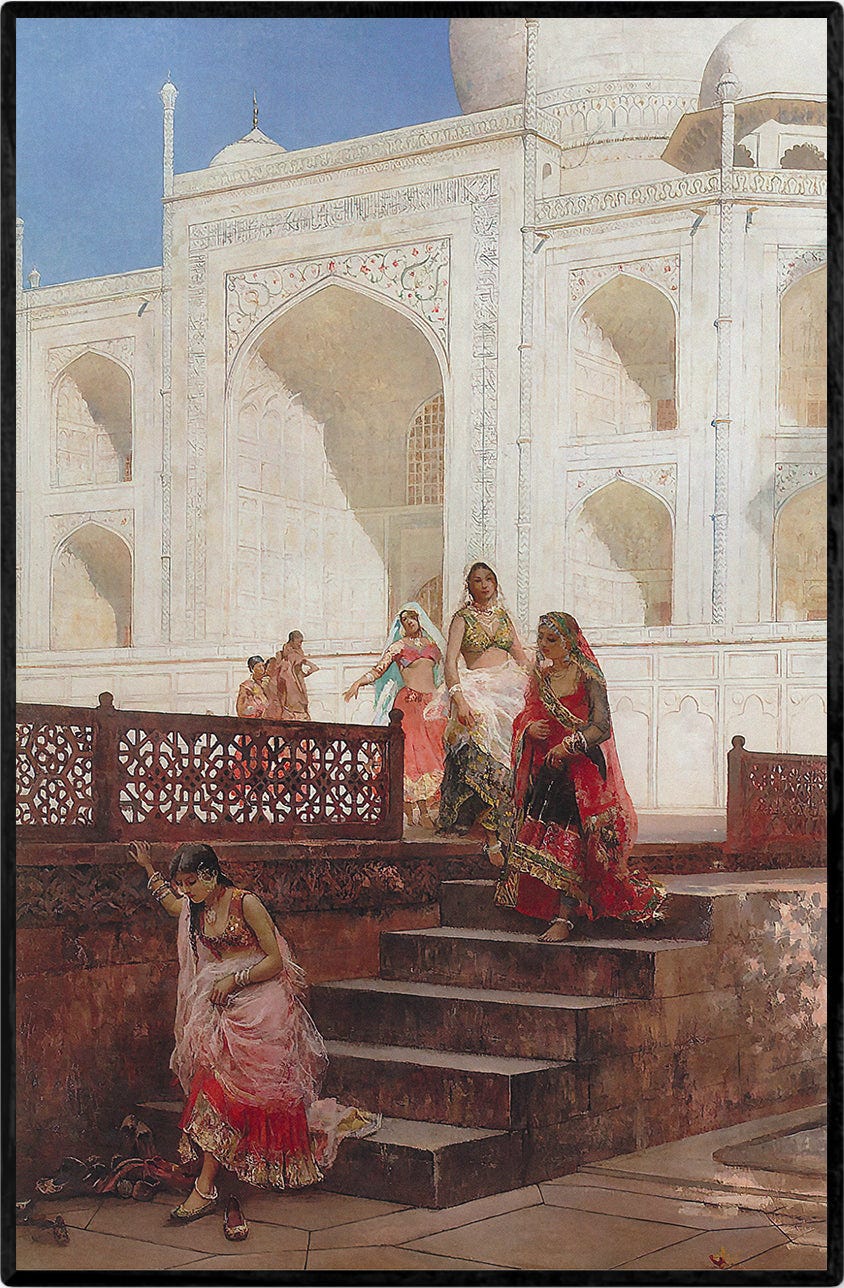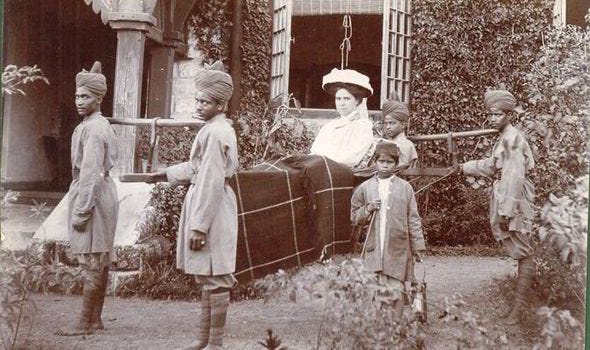Welcome to the Brown History Newsletter. If you’re enjoying this labour of love, please do consider becoming a paid subscriber. Your contribution would help pay the writers and illustrators and support this weekly publication. If you like to submit a writing piece, please send me a pitch by email at brownhistory1947@gmail.com.
Don’t forget to check out our SHOP and our Podcast.

The Linguistic Supremacy of English in South Asia
Nestled within the narrow lanes of Old Lucknow, lies a world that is starkly different from my own. At least once a year, my family and I make sure to visit my paternal grandmother’s home. And for those few days every year, I am hyper-aware of the differences that surround me, mainly my lack of fluency in my mother tongue. This summer, after an annual shopping spree, my mum and I hopped into a rickshaw back home and busily chattered away (in English as usual), praising ourselves for scouting the best pieces of Indian wear. At the end of our ride, the driver turned around, hesitated for a moment, and then went on to express his deep astonishment at our fluent English. Along with a million other questions, he asked us if we were foreigners. I laughed, and shook my head, explaining that we were no less Indian than he was. In that moment, it seemed like no more than a mere comical exchange. But as we left the rickshaw behind, and meandered down the street towards my grandmother’s home, I was overcome by a deep, sinking feeling. My ability to speak the English language so fluently, was in fact a result of my privilege. In a single fleeting moment, it had wordlessly established a deep difference between the rickshaw driver and myself. A hierarchical separation between the one who speaks the colonizer’s language, and the other who does not. It then came to me, with a rush of realization, that in India, a country where we speak over 1500 mother tongues, English somehow still reigns supreme.





